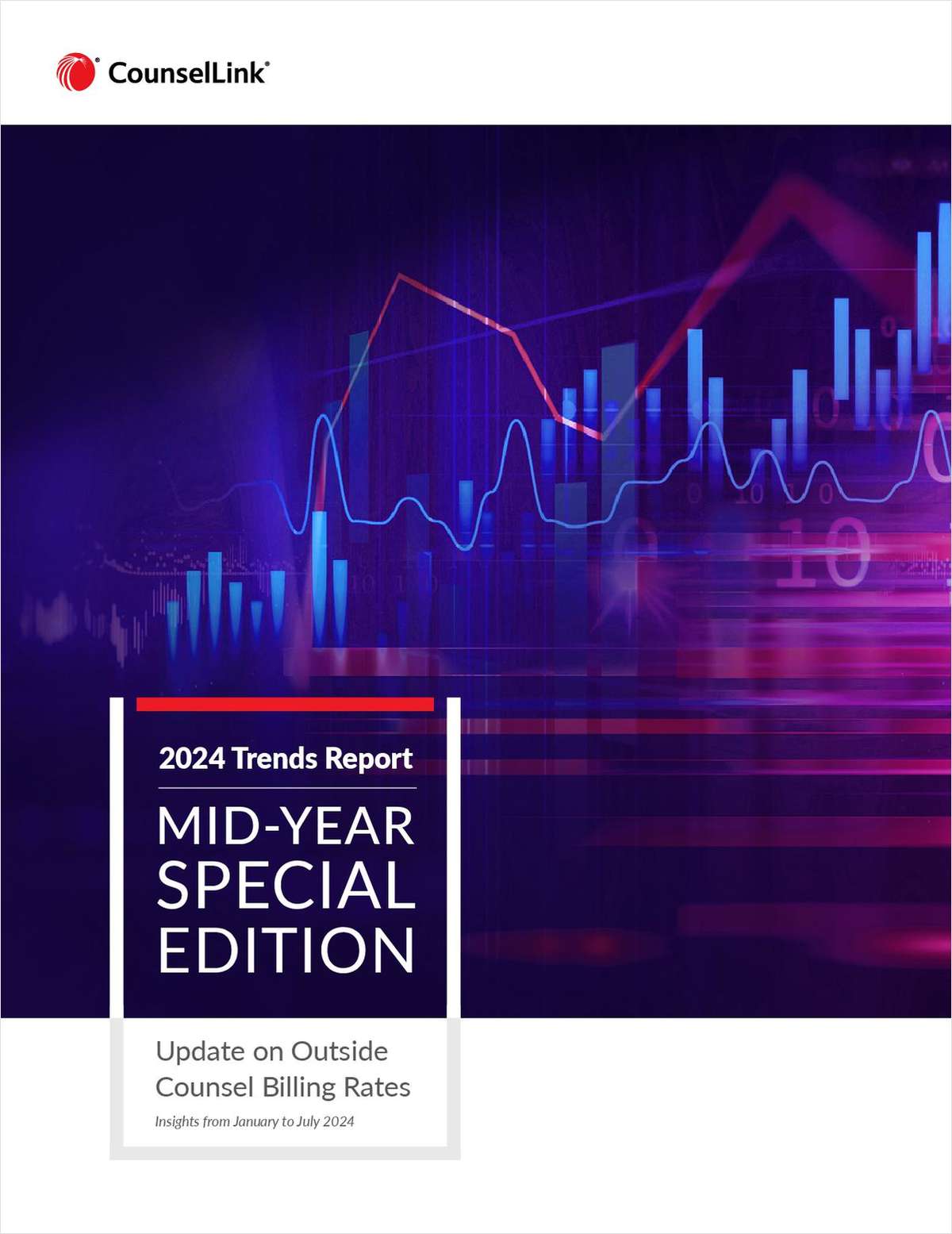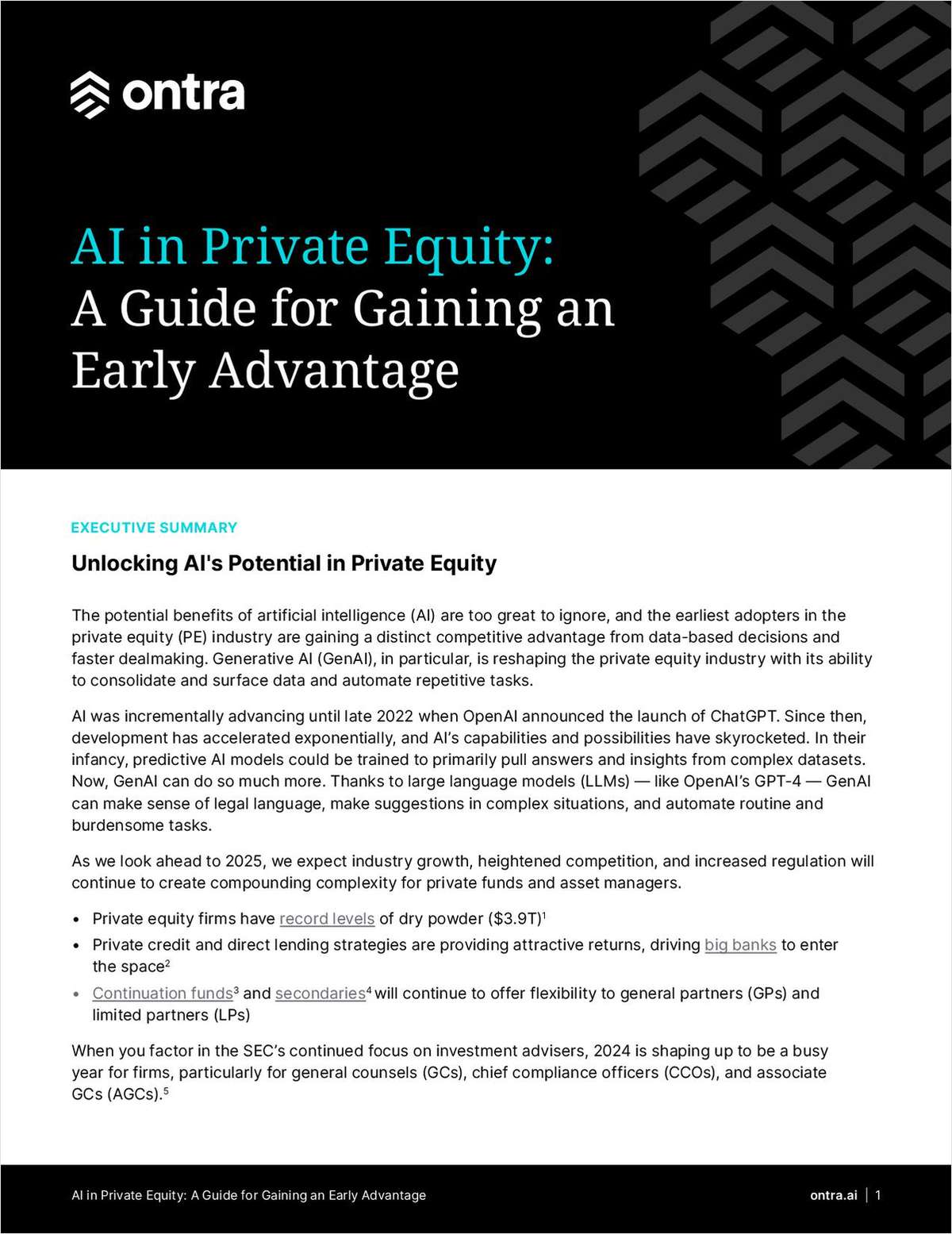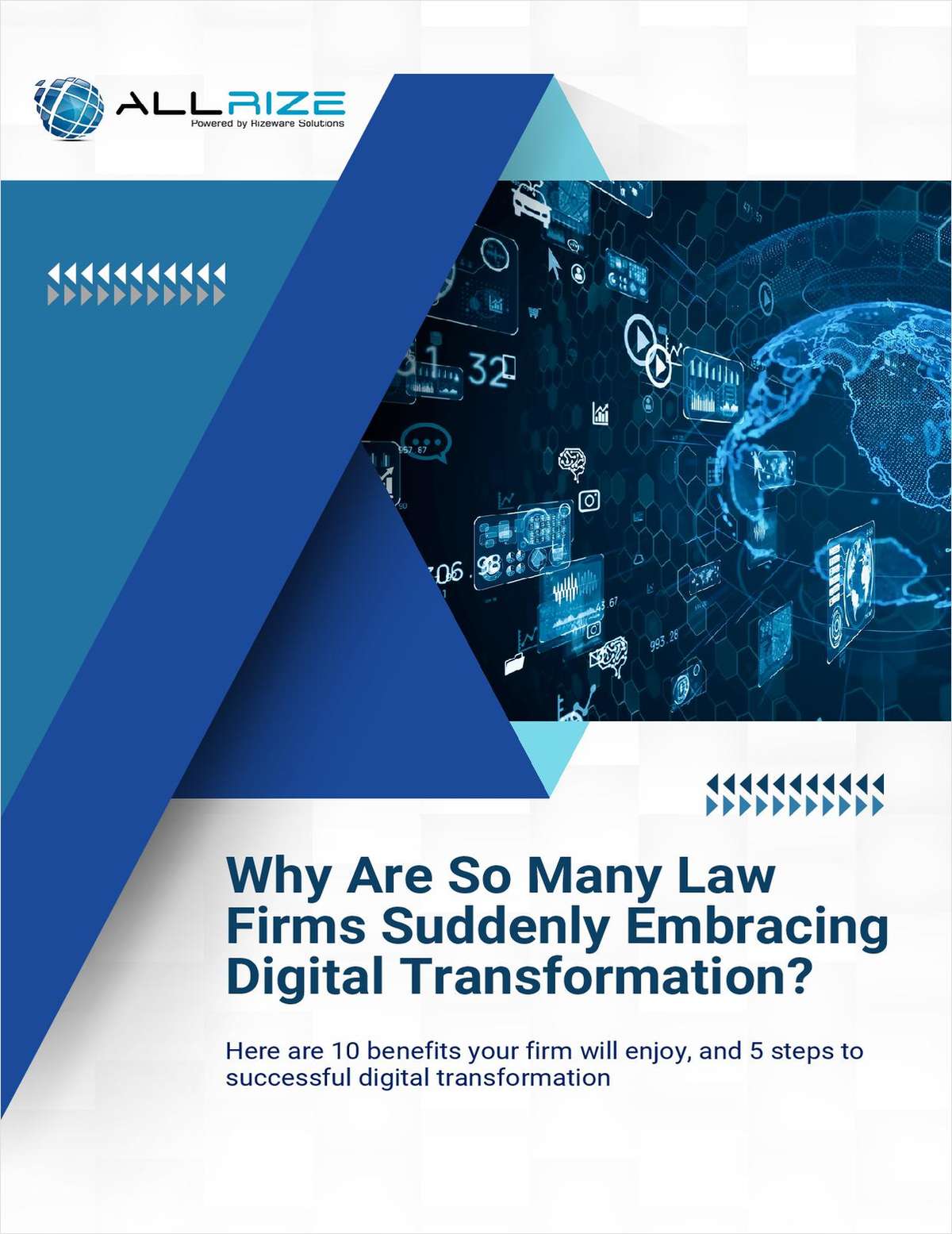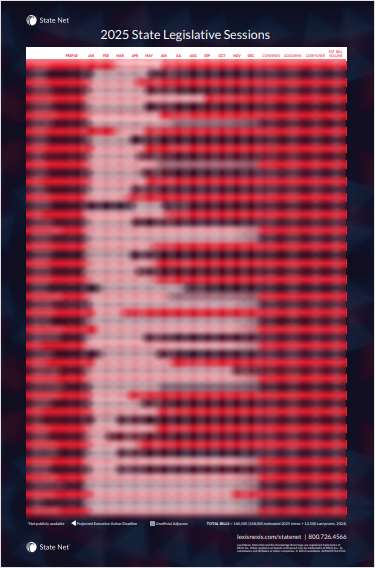0 results for 'Fisher Phillips'

Outsourced Employees Triggering More Lawsuits
Corporate America's growing use of outsourcing to cut labor costs - without adequate background checks - has put it at substantially greater risk of litigation, employment lawyers are warning.


'Say on Pay' Policies Stir Debate Among Attorneys
During the past year, policies giving shareholders a nonbinding vote on how much executives are paid have taken off in the business world, fueled largely by public outrage over exorbitant executive salaries. The reaction among corporate attorneys who are advising their clients on formulating such policies ranges widely, with some calling them a nuisance that grants too much power to shareholders and others calling them a valuable safety valve that could help prevent litigation.
Peer Pressure Compels Law Firms to Raise Summer Associate Salaries
When the Daily Report conducted its latest survey of summer associate pay, more than half of the responding Atlanta-area law firms initially said they were paying the same as last year. But many also asked, "What are other firms doing?" The result: After the survey's official close date, several firms announced they were raising weekly pay retroactively. And at least sixteen of the firms are now paying summers $2,000 or more a week, compared with two firms last year.
Texas Worker's Untimely Administrative Payday Claim Bars Court Suit
A worker who missed a six-month window to file a payday claim with the Texas Workforce Commission can't avail himself of the four-year statute of limitations on pursuing his claim in court. The TWC had found that the worker's administrative claim was time barred, but that he could pursue his case in court. Not so, the Supreme Court has ruled, holding that Texas law allows workers to file in court, or with the TWC, to recover unpaid wages, but not both.
When Employees Face Criminal Charges, Employers Face a Dilemma
Here's a unique challenge for corporate America: How do you treat an employee who has been charged with a crime, but not convicted? Employment attorney Jonathan Segal says, "In the criminal justice system, you're innocent until proven guilty. But in the private sector/employment context, that presumption doesn't apply." But plaintiffs attorney Jennifer Salvatore disagrees. She's representing a former DaimlerChrysler Corp. employee who was fired while facing murder charges -- and who later got an acquittal.
Lexis Noncompete Contracts Lead to Defection Duel in Federal Court
LexisNexis Risk and Information Analytics Group is seeking injunctive relief and punitive damages in a federal lawsuit that claims former executive Paul Colangelo breached his noncompete agreement by taking a job with a competitor. Litigation based on noncompetes has grown, and many employers are using computer data mining technology to determine if former employees have taken confidential information, attorneys say. LexisNexis said it conducted a forensics examination of Colangelo's work computer.
Reduce the Risk of Workplace Violence
According to a Justice Department survey, 18 percent of all violent crimes occurring between 1993 and 1999 were episodes of workplace violence. And employers who fail to take adequate steps to prevent such violence, either by failing to act against potentially violent employees or by failing to provide a secure workplace, can find themselves in serious legal trouble. While no employer can prevent all possible violent crime, there are some steps they can take to reduce the risks.
Trending Stories
- 1The Law Firm Disrupted: For Big Law Names, Shorter is Sweeter
- 2Wine, Dine and Grind (Through the Weekend): Summer Associates Thirst For Experience in 'Real Matters'
- 3The 'Biden Effect' on Senior Attorneys: Should I Stay or Should I Go?
- 4'That's Disappointing': Only 11% of MDL Appointments Went to Attorneys of Color in 2023
- 5'You Are Not Alone': 120 Sex Assault Victims Plan to Sue Sean 'Diddy' Combs
Featured Firms
Law Offices of Gary Martin Hays & Associates, P.C.
(470) 294-1674
Law Offices of Mark E. Salomone
(857) 444-6468
Smith & Hassler
(713) 739-1250
More from ALM
- Morgan & Morgan Class Action Attorneys Detail Pathway to Success Within Cybersecurity and Data Privacy Practice 1 minute read
- Holwell Shuster & Goldberg Partners Leverage 'Hostile' Witnesses to Secure $101 Million Verdict Against Walmart 1 minute read
- Legal Speak at General Counsel Conference Midwest 2024: Mike Andolina, Partner, White & Case 1 minute read
Resources

2024 Trends Report Mid-Year Special Edition: Update on Outside Counsel Billing Rates
Brought to you by LexisNexis® CounselLink®
Download Now

AI in Private Equity: A Guide for Gaining an Early Advantage
Brought to you by Ontra
Download Now

Why Are So Many Law Firms Suddenly Embracing Digital Transformation?
Brought to you by AllRize
Download Now

2025 State Legislative Sessions
Brought to you by LexisNexis®
Download Now



